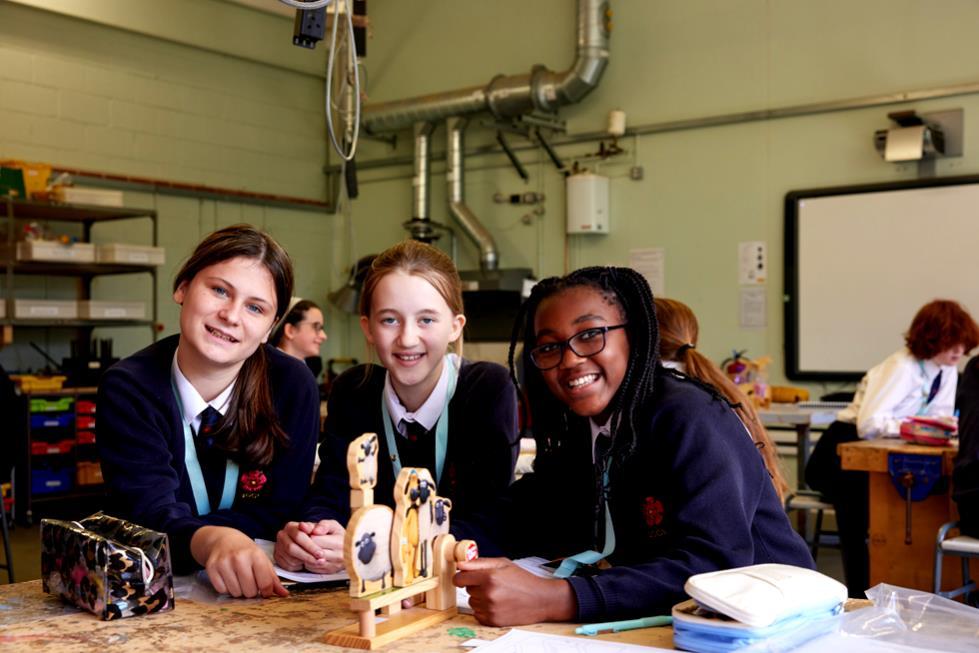
6 minute read
Design Technology
FREE OPTION CHOICE TECHNOLOGY
DESIGN & TECHNOLOGY
DESIGN & TECHNOLOGY Design and Technology is a new specification which combines the creative design process and practical making skills necessary to realise a commercial product (50% controlled assessment) along with an understanding of the broad range of issues faced by the modern industrial environment (50% 2 hour exam). What will the GCSE Design and Technology course cover? The focus of learning will be through the design and manufacture of a product chosen by you utilising a range of appropriate skills and materials. In addition, by building on topics already started at Key Stage 3 you will gain a breadth of technical knowledge and understanding in the following areas: new and emerging technologies, energy and storage generation, modern and smart materials, systems approach to designing, mechanical devices and materials and their working properties.
How is the course structured? In Year 10 you will complete 4 projects that encourage you to explore a range of different materials and manufacturing processes in preparation for a project of your own choosing in Year 11. The first project, Fragrance Packaging explores the different types of paper and board used in the packaging industry. Research is carried out into the manufacture of paper and the industrial printing processes used. Commercial packaging nets are developed using CAD/CAM and the final outcome is the packing for the relaunch of a branded fragrance. The second project explores the
W H Y D E S I G N & T E C H N O L O G Y ?
DESIGN & TECHNOLOGY: Product design is about understanding people, questioning existing ways of doing things and seeing opportunities for innovative products that will enrich quality of life. You will explore research, design and practical methods.
Why choose GCSE Design & Technology?
Design and Technology demonstrates to future employers that you are a practical problem solver with a whole range of transferable skills including time management, commercial awareness, project management, communication and market research. The course provides an opportunity to practise fine motor skills required in a variety of professions including surgery, dentistry, veterinary and architecture. It is useful when applying for an apprenticeship as it demonstrates an understanding of the issues faced in a modern industrial environment.
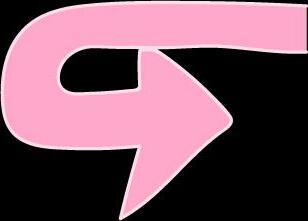
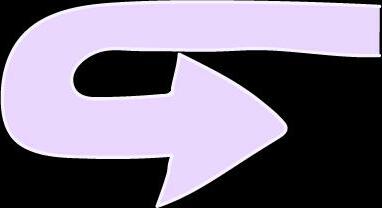
importance of Design History to the development of product design in the C21st. From Arts and Crafts, Art Nouveau and Bauhaus to Memphis, Alessi and Apple we aim to become familiar with the key design principles and apply them in the design and manufacture of a piece of jewellery. The key material under investigation in this project is plastic and we look at the different types and manufacturing properties of the material alongside its environmental impact. Resistant materials in the form of natural and manmade timbers are the focus of the third project. Timbers are used to explore the more traditional methods of working with hand tools and combining these with the capabilities of using new technology such as the laser cutter. The product outcome is a small wooden jewellery box. The final project of the Year10 course features textiles. We explore the characteristics of both natural and manmade fibres and fabrics. Pupils learn how to use the sewing machine through a series of textile construction techniques and we generate printed textile designs using CAD and realise them using sublimation printing. These newly acquired skills are then combined to produce a textile bag.
Design & Technology compliments …
Subjects such as Physics, Maths, Chemistry and IT having knowledge of how physical and chemical processes work can come in handy when designing products. You may not know what career path you want to follow - by keeping a practical GCSE in your folio you keep your option open! Contact teachers Mrs J Sandbach
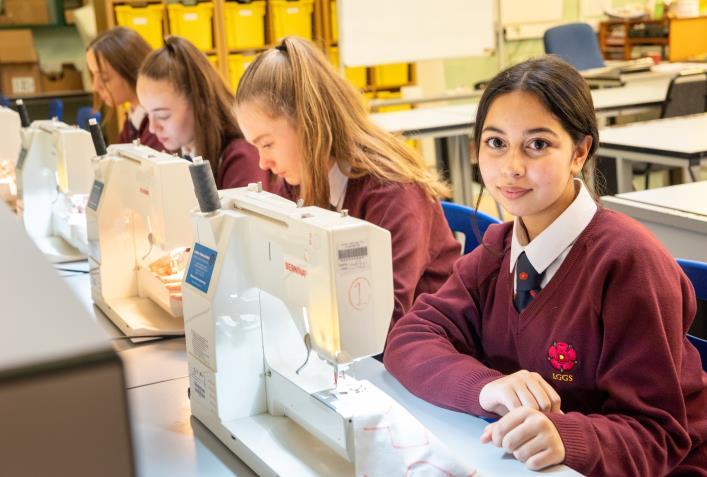

EXAM BOARD AQA
ASSESSMENT Exam and Coursework
CAREERS Product Designer Merchandiser Architect Marketing Director Ergonomist Landscape Architect Packaging solutions engineer Colourist Textile Designer Interior Designer Buyer Lapidarist Shoe Designer Mechanical engineer Milliner Fashion designer Quantity surveyor Computer Games Designer
FREE OPTION CHOICE TECHNOLOGY
FOOD PREPARATION & NUTRITION
This year we are hoping to introduce a new practical GCSE in Food Preparation and Nutrition. This is an exciting and creative course which focuses on practical cooking skills to ensure students develop a thorough understanding of nutrition, food provenance and the working characteristics of food materials. At its heart, this qualification focuses on nurturing students' practical cookery skills to give them a strong understanding of nutrition.

Food preparation skills are integrated into five core topics: • Food, nutrition and health • Food science • Food safety • Food choice • Food provenance. The course is assessed with one exam and two Non-exam assessment (NEA) tasks. The practical food investigation contributes 15% of the final GCSE grade. Students investigate the working characteristics, functional and chemical properties of ingredients. The Food preparation assessment contributes 35% of the final GCSE grade. Students prepare, cook and present a final menu of three dishes in a three hour practical session, planning in advance how to achieve this.
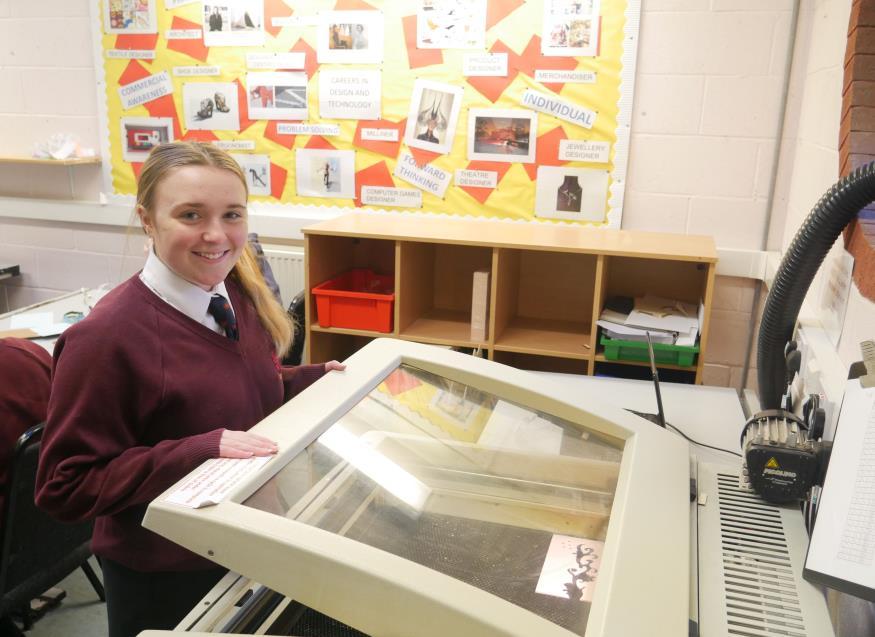
W H Y F O O D P R E P A R A T I O N & N U T R I T I O N ?
Studying GCSE food and nutrition equips you with the knowledge, understanding and skills required to cook and apply the principles of food science, nutrition and healthy eating. It encourages you to cook, enables you to make informed decisions about food and nutrition and allows you to acquire knowledge in order to be able to feed yourself and others affordably and nutritiously, now and later in life. This is a great course for anyone who already has a keen interest in food and cooking, but is also a good way for students to learn a wide range of cooking skills for life. You need to be committed to cooking every week, as one lesson will be a practical lesson.


How is the course structured?
In year 10: Every week you will refine and expand your range of food preparation and cooking techniques by making a wide range of dishes. Alongside the practical element of the course you will also study the core topics listed above. In year 11: You will complete two NEA tasks alongside completing the theory element of the course. Contact teachers Mrs S Hutchinson
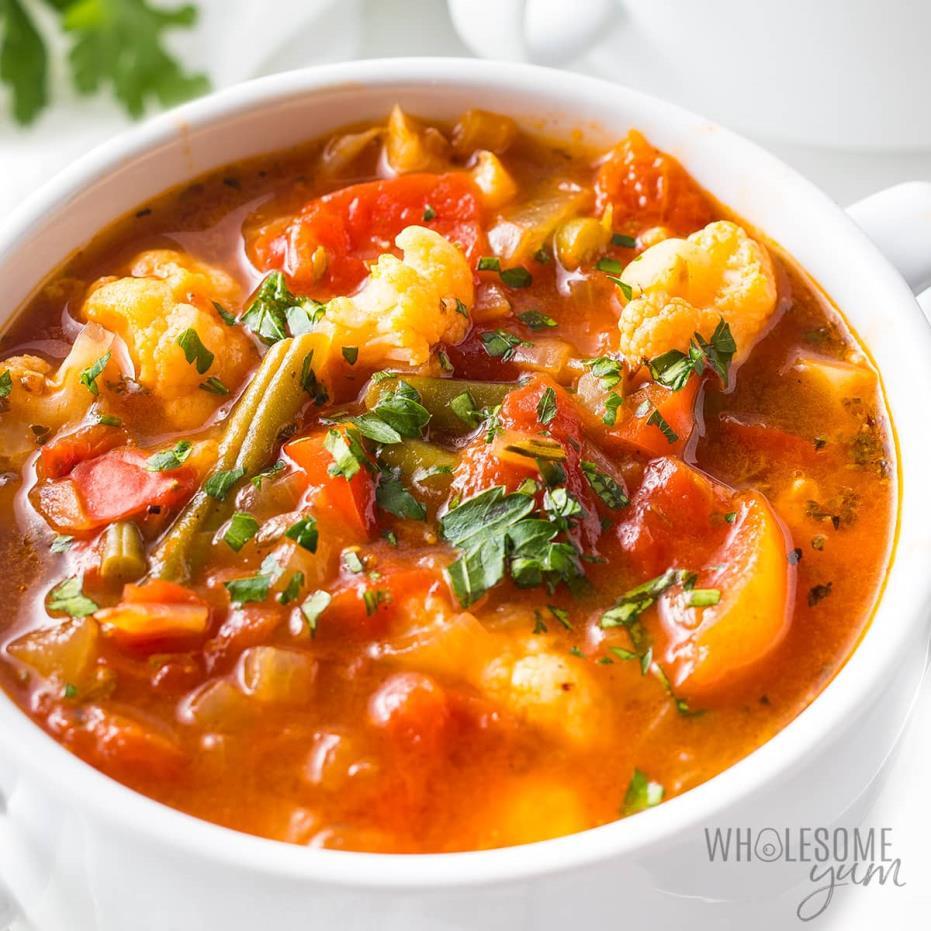
EXAM BOARD tbc
ASSESSMENT Exam and Coursework
CAREERS Professional food technologist Health and safety inspector Nutritional therapist Nutritionist Product/process development scientist Production manager Quality manager Secondary school teacher Technical brewer Chef Procurement manager Research scientist (life sciences)











